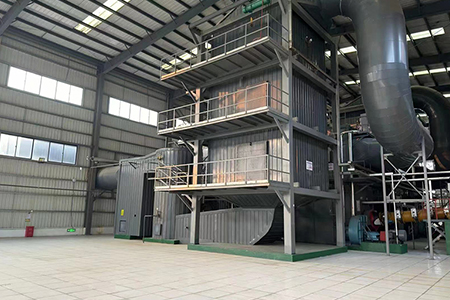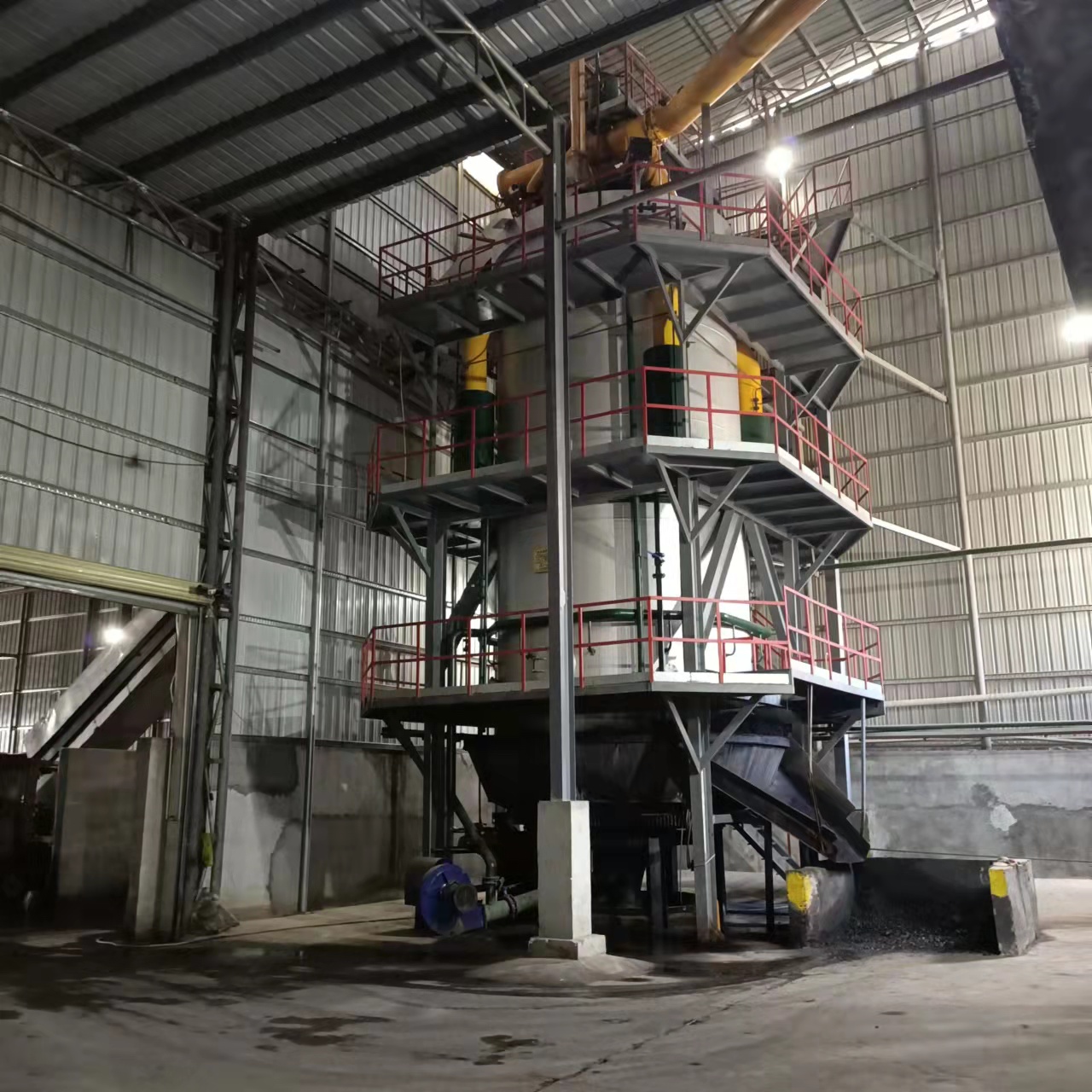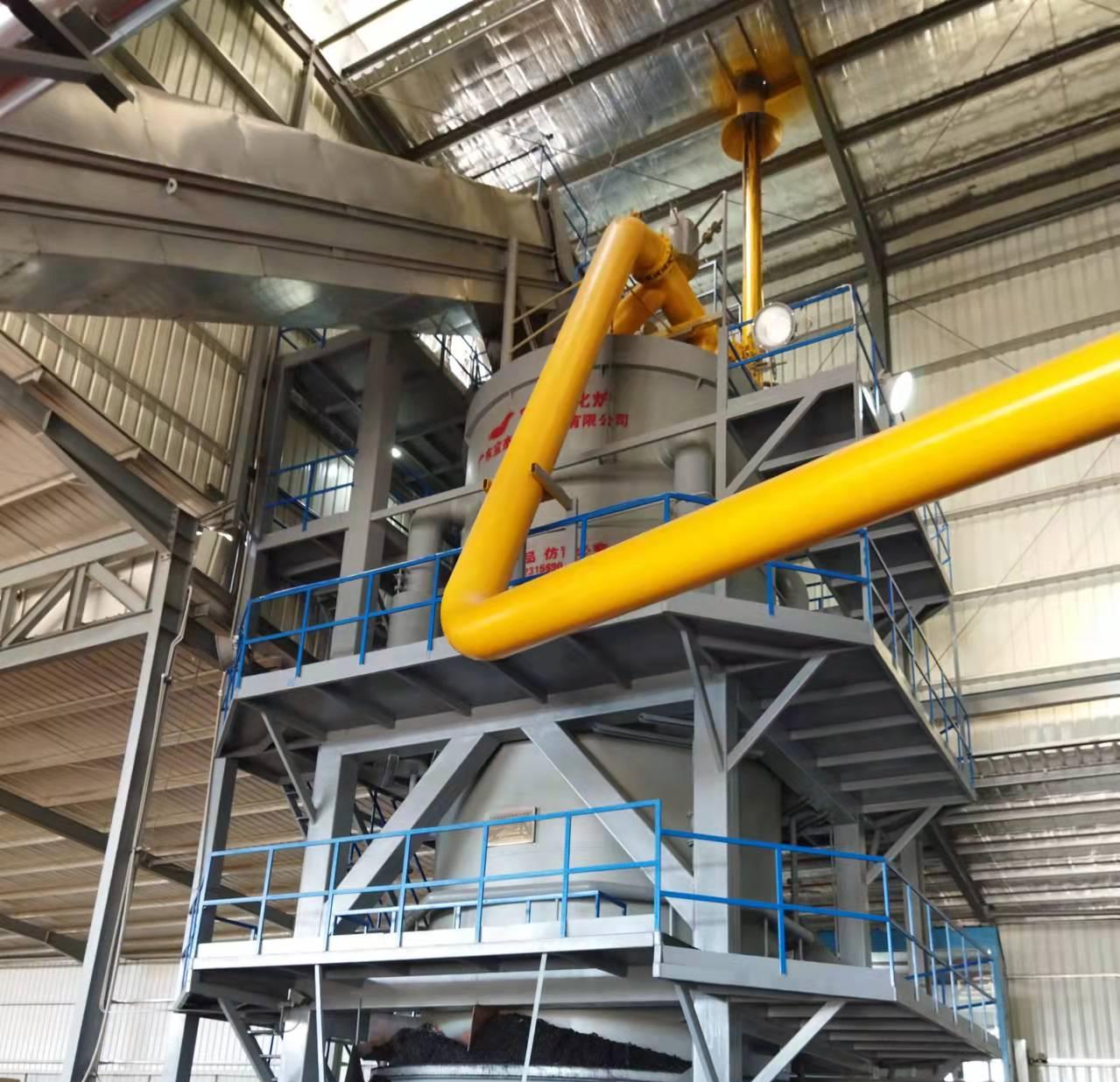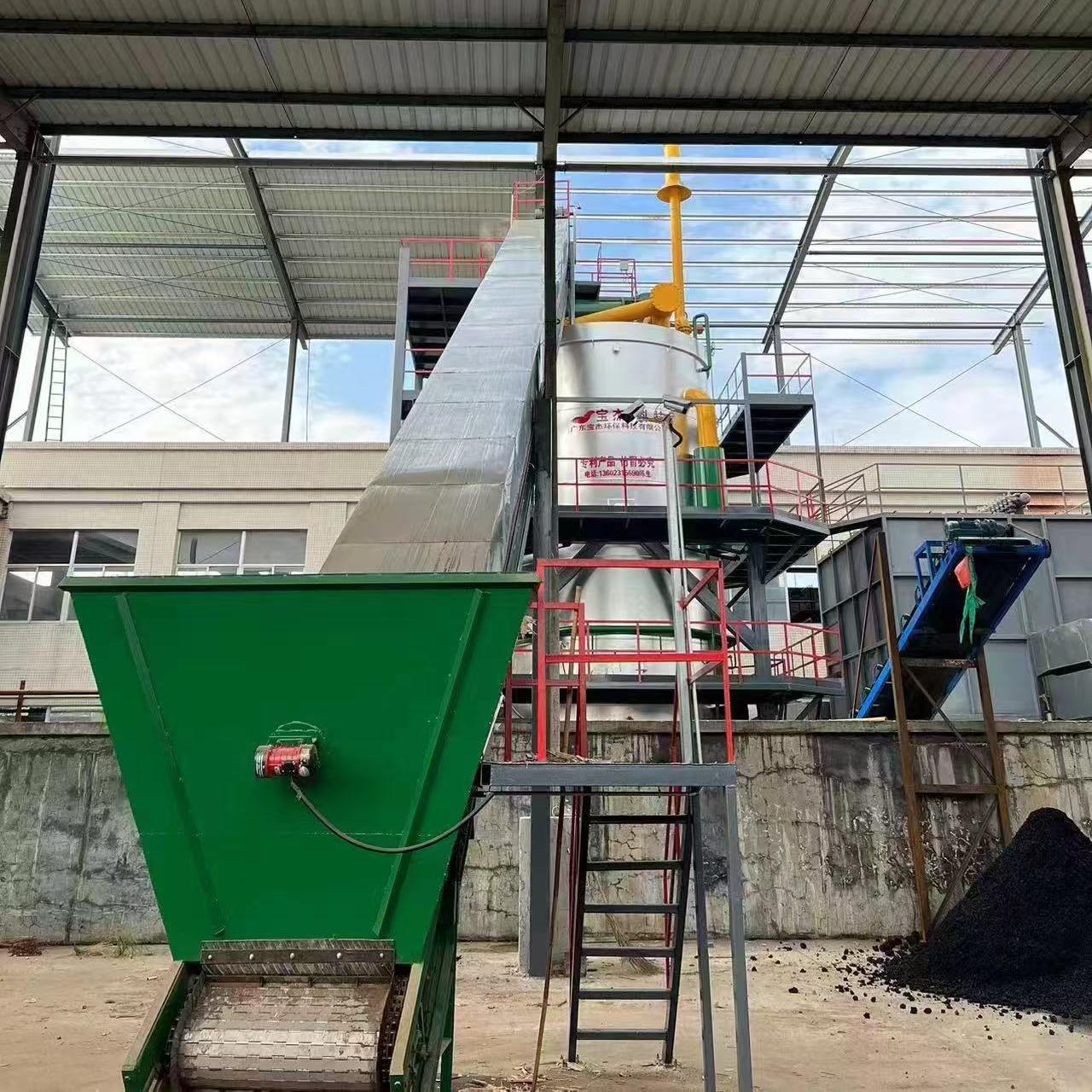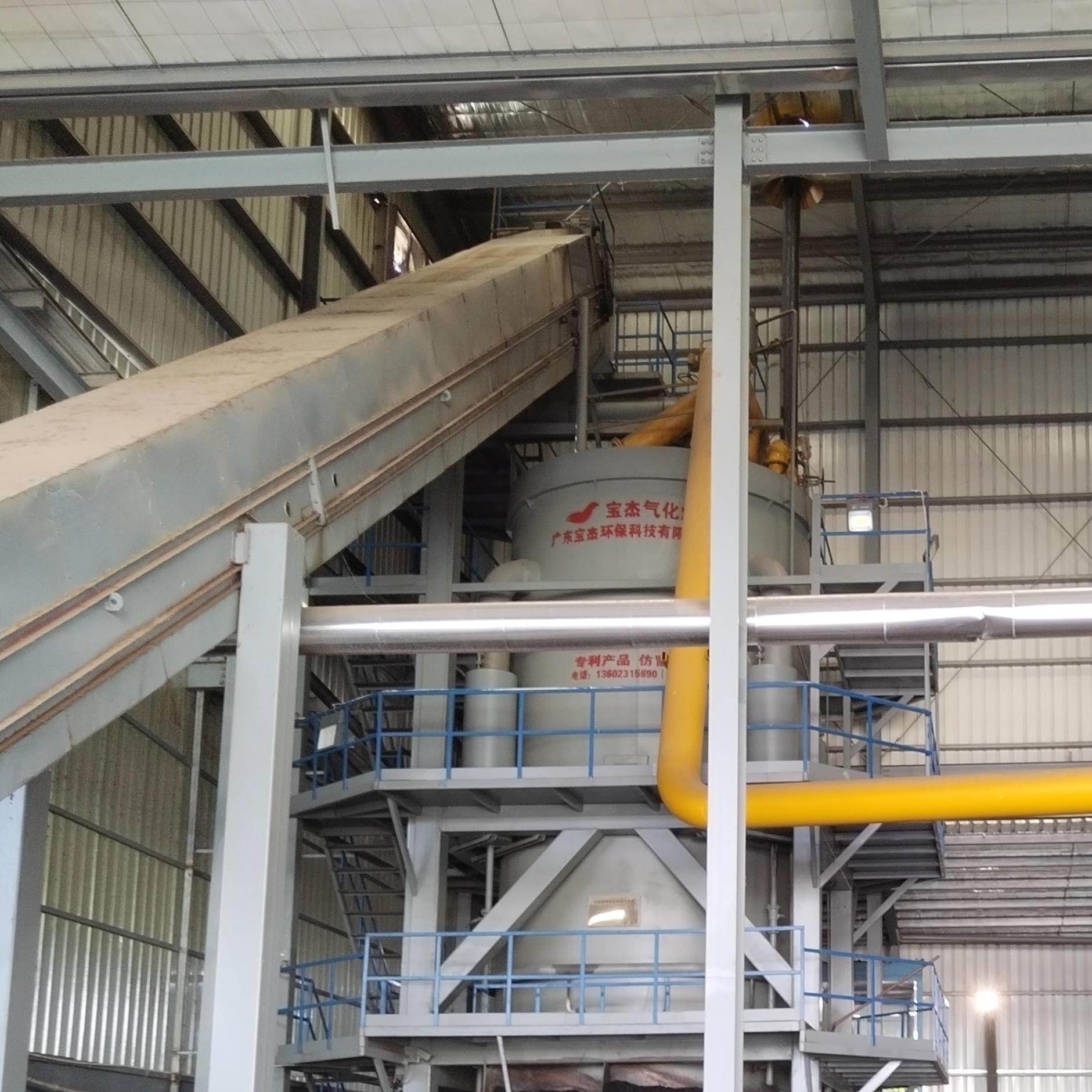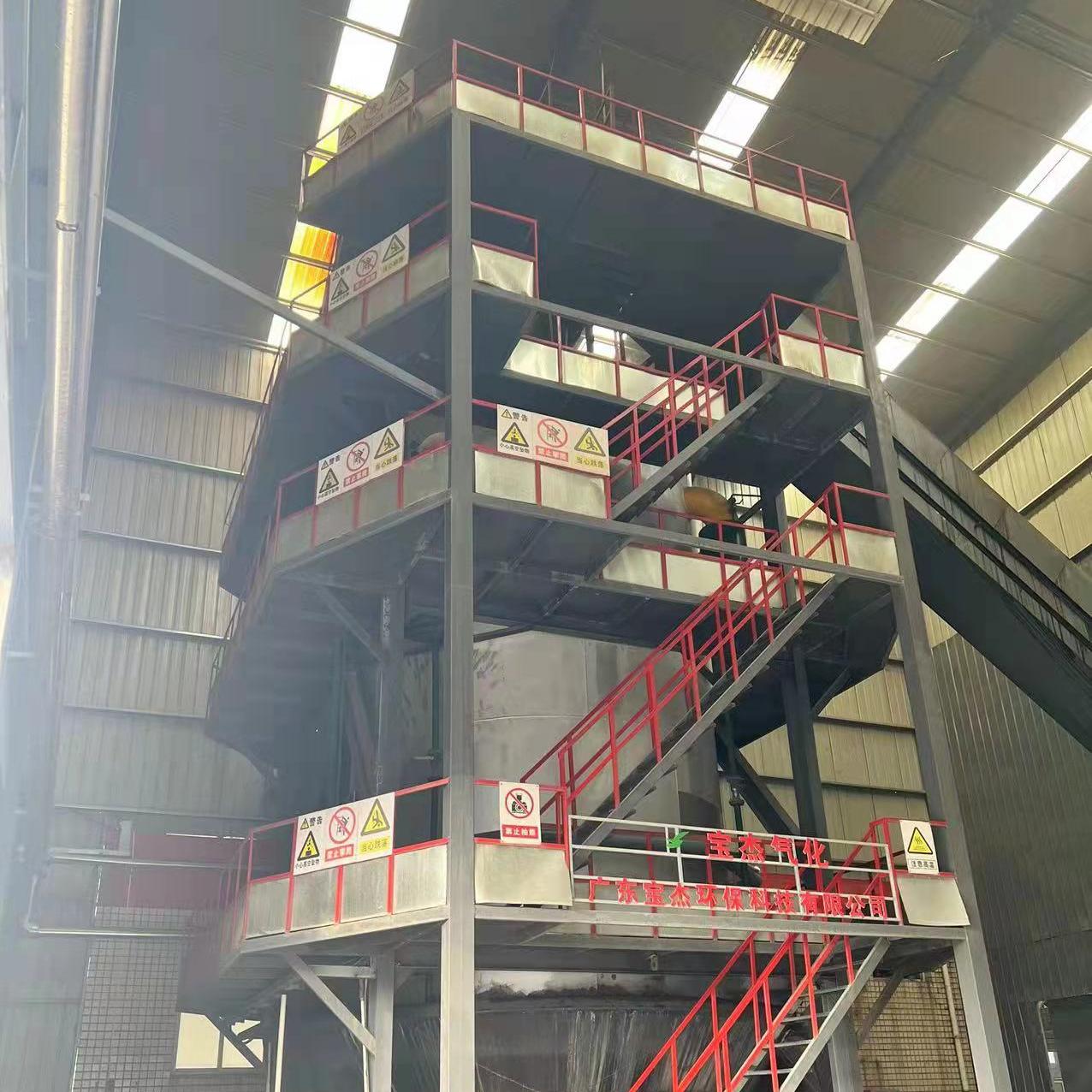R&D and manufacture of biomass gasification equipment, environmental protection equipment, boiler equipment, investment in heating (steam) energy operation and management.
Tel:+86 0769-82928980
E-mail:[email protected]
Web Menu
Product Search
Exit Menu
Industry News
Why is biomass gas an important choice for sustainable energy in the future?
With the transformation of the global energy structure and the continuous improvement of environmental protection awareness, the use of traditional fossil energy has been gradually restricted. At the same time, Biomass Gas, as a renewable energy source, has become one of the important directions of global energy innovation due to its environmental friendliness, abundant resources and sustainable utilization.
The generation process of biomass gas usually includes technologies such as gasification, anaerobic fermentation or anaerobic digestion. Through these technologies, the organic components in the waste are converted into easily usable gases, providing clean energy for industry, households and transportation.
Gasification technology: Gasification is a process of converting solid biomass into gas through high temperature and low oxygen environment. The gasified biomass gas mainly includes gas components such as carbon monoxide, hydrogen, methane and carbon dioxide. Through proper post-treatment, these gases can be used for power generation, heating and other applications.
Anaerobic fermentation/anaerobic digestion: This method is suitable for treating perishable organic matter such as agricultural waste and food waste. Through the action of microorganisms in an anaerobic environment, waste is converted into biogas (mainly methane) and other gases. This technology is widely used in landfills and sewage treatment plants.
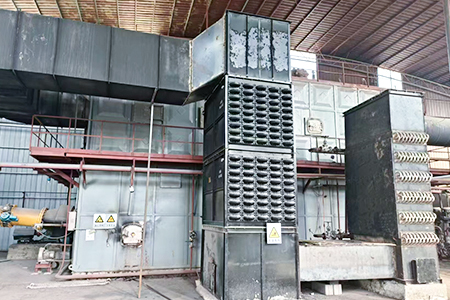
Dry distillation technology: Dry distillation is to heat organic matter to a certain temperature and decompose it in an oxygen-free environment to generate combustible gas and liquid. By using this technology to process agricultural waste such as wood and straw, efficient biomass gas can be obtained.
Energy production: Biomass gas, as a clean energy, can be used for power generation, heating, etc., replacing traditional fossil energy. By burning biomass gas to generate electricity, it not only reduces dependence on non-renewable energy such as coal and oil, but also reduces greenhouse gas emissions and air pollution.
Transportation energy: Methane and hydrogen in biomass gas can be used as alternative fuels for vehicles such as cars and trucks. By converting waste into combustible gas, promoting energy diversification in the transportation industry is an important way to achieve low-carbon travel.
Industrial application: In some industrial fields, biomass gas is used as an alternative fuel to drive equipment such as boilers and industrial furnaces. Compared with traditional fuels, biomass gas not only has a higher calorific value, but also has a smaller impact on the environment during the production process.
Agricultural and urban waste treatment: The by-products produced during the production of biomass gas can be used as fertilizers, returned to the land, and enhance soil fertility. In addition, the use of urban organic waste and agricultural waste to produce biomass gas can not only solve the problem of waste disposal, but also provide clean energy for the community.
Strong sustainability: As a renewable energy source, biomass gas has abundant resources and is not easy to be exhausted. With the continuous generation of agricultural waste, forestry residues and urban garbage, the source of raw materials for the production of biomass gas is stable.
Environmentally friendly: Biomass gas releases less greenhouse gases when burned, which is in line with the global emission reduction goals. Through the application of biomass gas, it can effectively reduce dependence on fossil energy such as coal and oil and reduce carbon emissions.
Economic benefits: The raw materials for the production of biomass gas are mostly agricultural waste or urban garbage. These resources are usually worthless and even require processing fees. Therefore, converting these wastes into energy can not only reduce the cost of waste treatment, but also create new economic value.
With the continuous advancement of technology and policy support, the biomass gas industry has broad prospects. In the future, with the further improvement and large-scale application of gasification technology and anaerobic fermentation technology, the production efficiency and economy of biomass gas will continue to improve, promoting the gradual increase in the proportion of biomass gas in the global energy structure.
The global governments' emphasis on green energy and the setting of carbon emission targets will further promote the vigorous development of the biomass gas industry. Through technological innovation and industrial integration, biomass gas is expected to become an important part of clean energy in the future and contribute to global sustainable development.
As a green and renewable energy source, biomass gas has great potential. With the advancement of technology and the improvement of environmental awareness, biomass gas will play an increasingly important role in the future energy transformation. By making full use of waste to convert into energy, it will not only help alleviate the energy crisis, but also provide strong support for environmental protection and economic development. For countries and enterprises seeking a green and sustainable development path, biomass gas is undoubtedly one of the key choices for future development.
Quick Links
Products
contact Us
 Tel: +86 0769-82928980
Tel: +86 0769-82928980 Fax: [email protected]
Fax: [email protected] E-mail: [email protected]
E-mail: [email protected] Company Address: Dalang Chamber of Commerce Building, No. 288 Yinlang South Road, Dalang Town, Dongguan City 13333, China
Company Address: Dalang Chamber of Commerce Building, No. 288 Yinlang South Road, Dalang Town, Dongguan City 13333, China Factory Add:
West side of Centre Road and south side of Zhongyuan Road within Hongcaoyuan, Hongcao Town, Shanwei Urban District
Factory Add:
West side of Centre Road and south side of Zhongyuan Road within Hongcaoyuan, Hongcao Town, Shanwei Urban District
Copyright© 2022 Guangdong Bao Jie Technology Co., Ltd.All Rights Reserved.


 EN
EN 